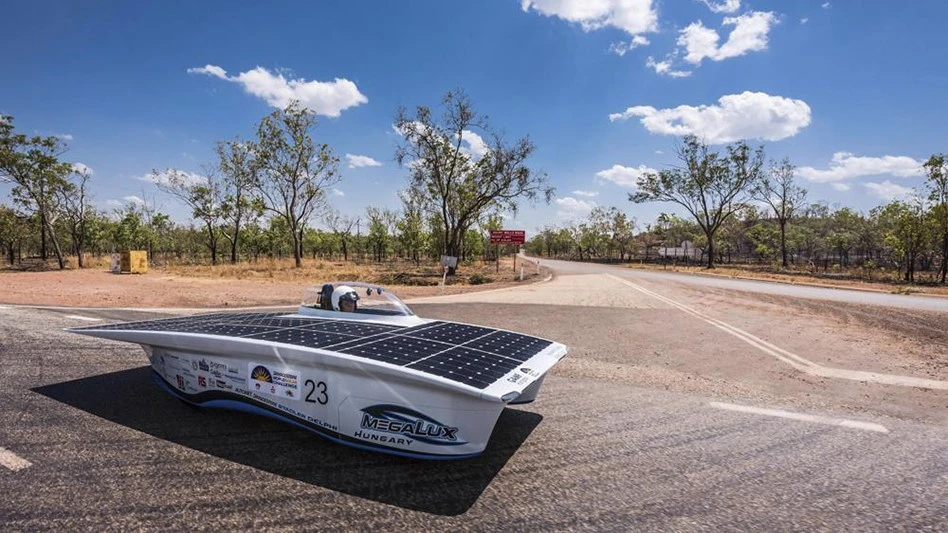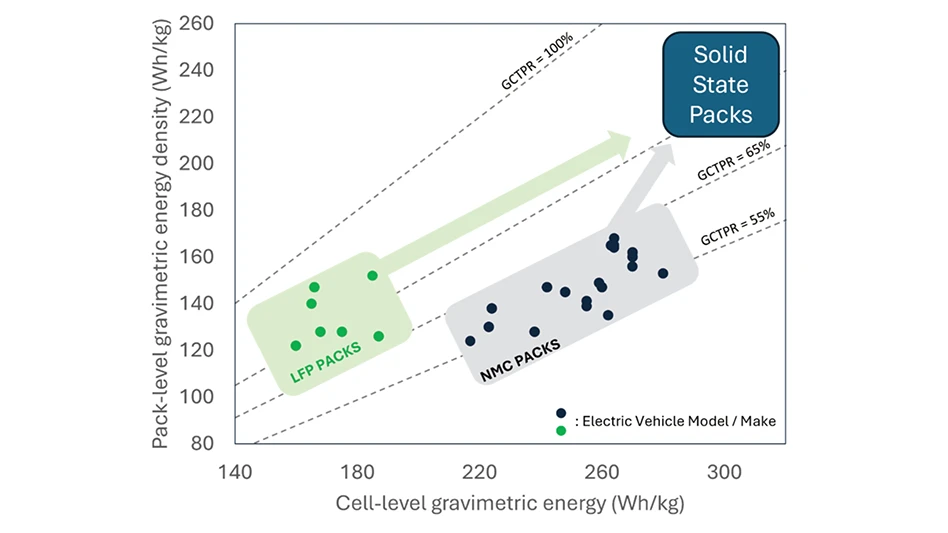
AP Photo/Geert Vanden Wijngaert, File
Australia’s new government is putting climate change at the top of its legislative agenda when Parliament sits next month with bills to enshrine a cut in greenhouse gas emissions and make electric cars cheaper.
A bill will be introduced on July 26 to commit Australia to reducing emissions by 43% below 2005 levels by 2030 according to Minister for Climate Change and Energy Chris Bowen.
Another bill would abolish import tariffs and taxes for electric vehicles (EVs) cheaper than the luxury car threshold of $53,580.
Only 1.5% of cars sold in Australia are electric or plug-in hybrid, and passenger cars account for almost 10% of the nation’s emissions.
The Australian government expects EVs will account for 89% of Australian new car sales by 2030.
The government’s fleet will be converted to 75% no-emission vehicles, bolstering a second-hand EV market as government vehicles are sold after three years.
Bowen said legislating the 43% target would create greater confidence.
“It’s about certainty and stability, mainly for the business investment community,” Bowen says.
“It sends a signal if a parliament hasn’t legislated that maybe the country’s not serious. Maybe a future government, heaven forbid a Liberal government, might walk it back,” Bowen adds.
Greens leader Adam Bandt has said he will push the government to ban new coal mines and gas projects when that target legislation is negotiated. The Greens want Australian emissions reduced by 75% by 2030.
Australia’s greenhouse gas emissions rose last year by 0.8%, or 4.5 million U.S. tons.
Factors causing the increase included a 4% rise in transport emissions as pandemic travel restrictions eased and 4.2% more agricultural emissions as rain ended years of drought across large swathes of southeast Australia.
Latest from EV Design & Manufacturing
- New version of online simulation software dedicated to supercapacitors
- Cutting Edge Innovations: Maximizing Productivity and Best Practices with Superabrasives
- Research yields encouraging data on lithium-ion battery recycling
- Waters Corporation introduces mechanical testing instrument for polymers and composites
- Practical and Affordable Factory Digital Twins for SMEs
- Honda offers a look at flexible electric vehicle manufacturing approach
- Electric vehicle charging solution designed for multifamily communities, homeowners’ associations
- Frequently Asked Questions about AM Post Processing





